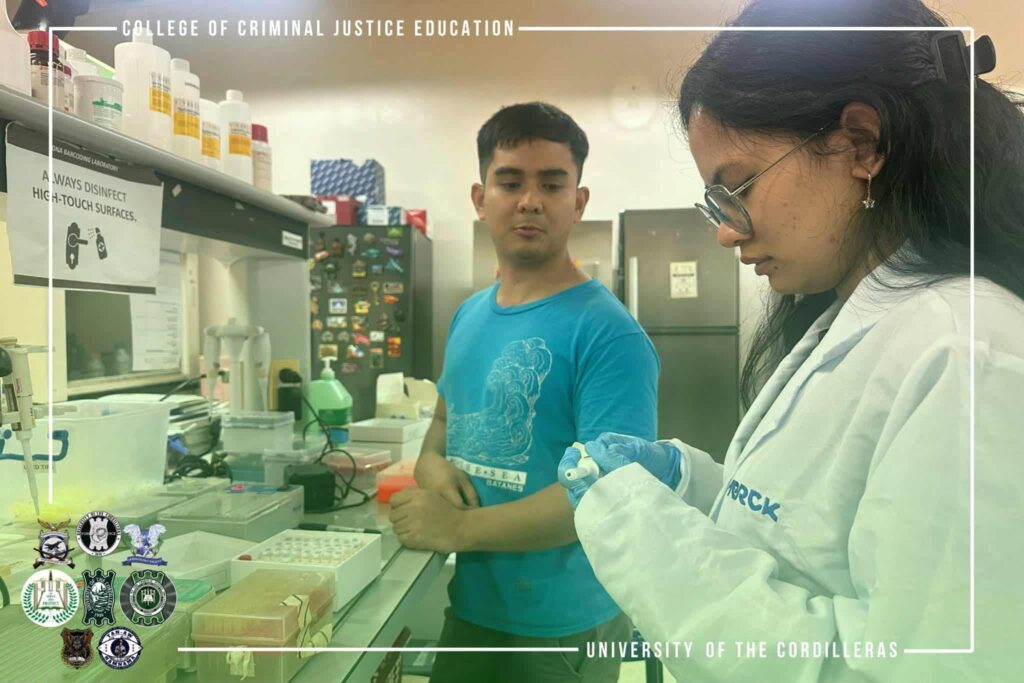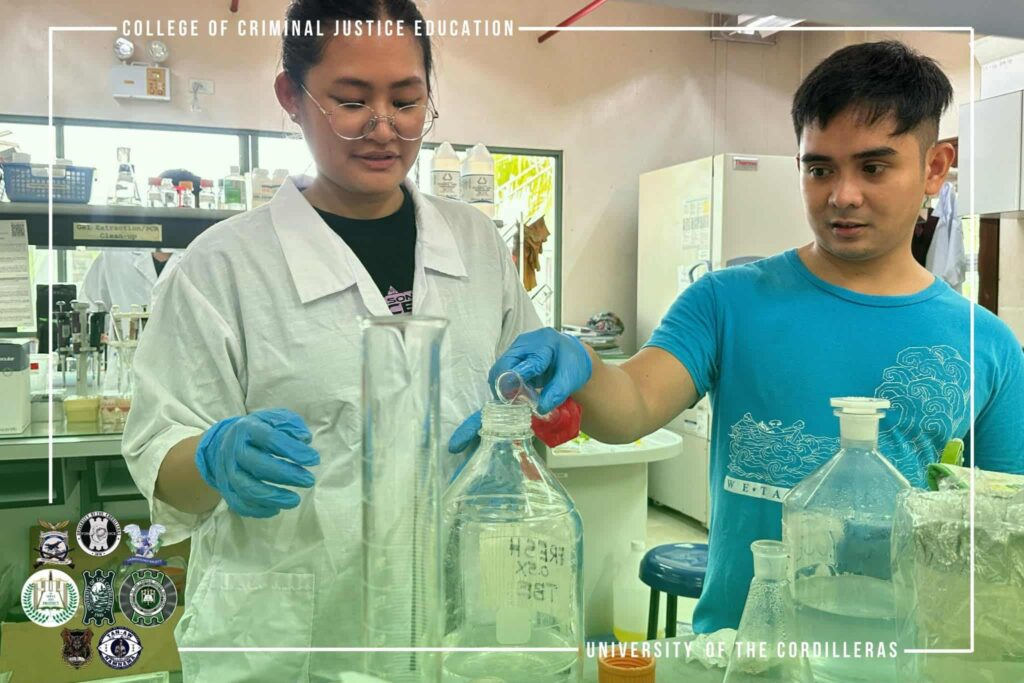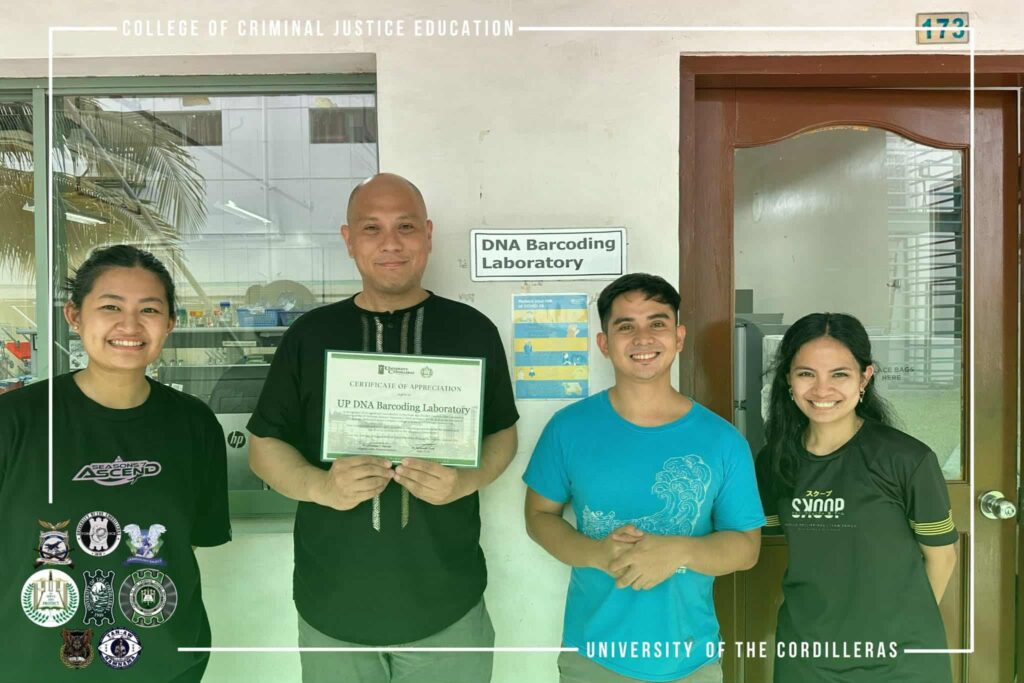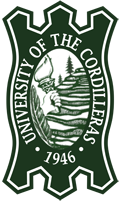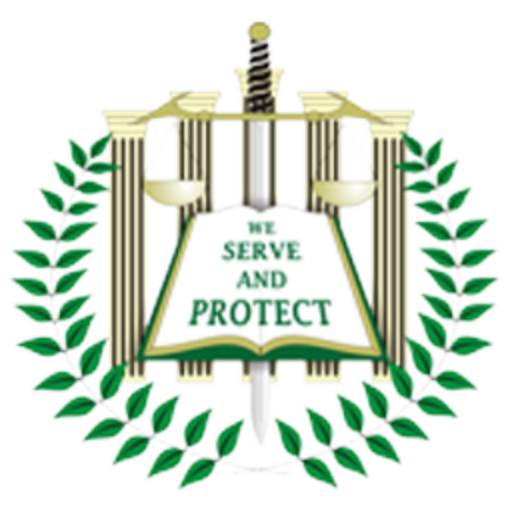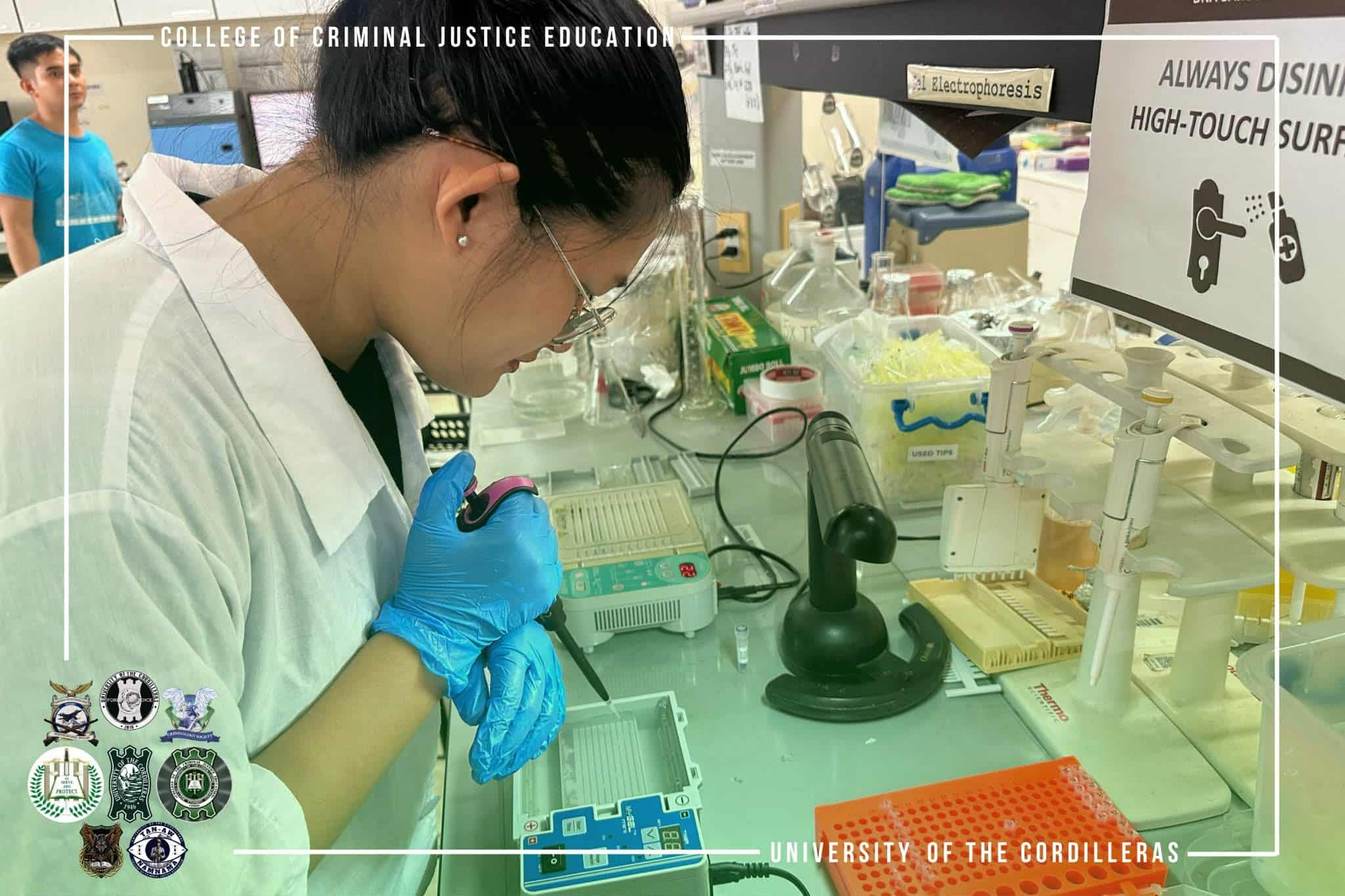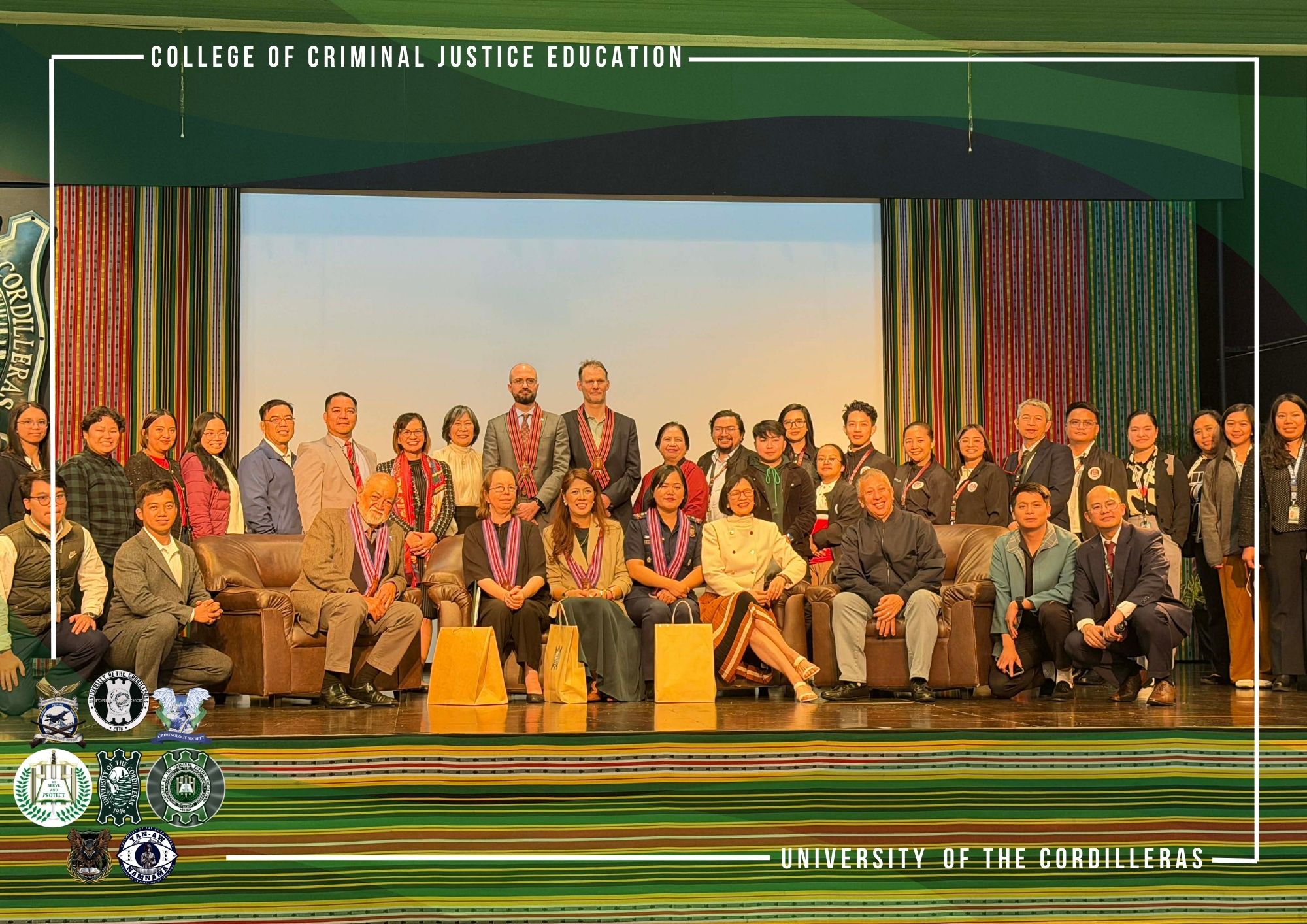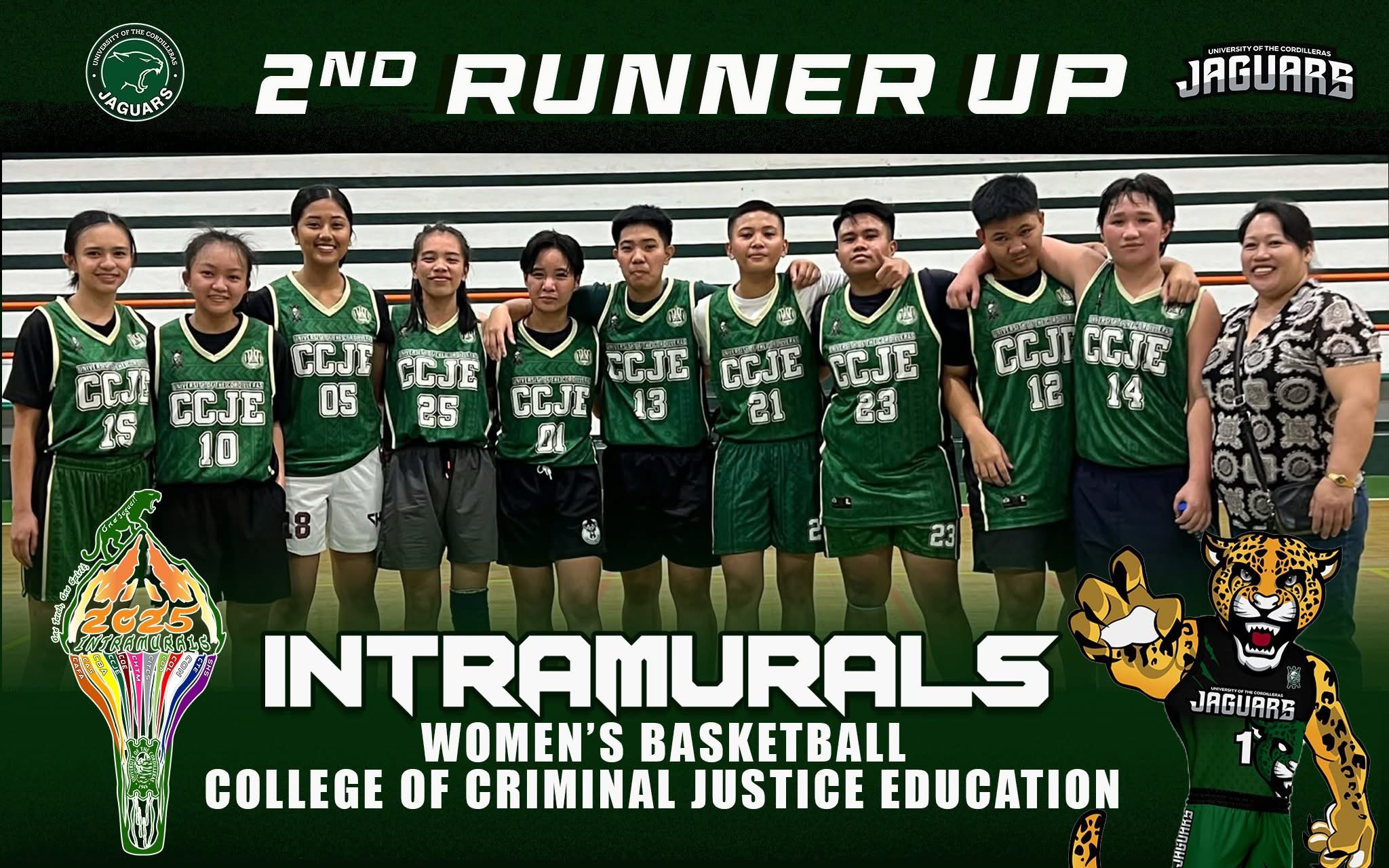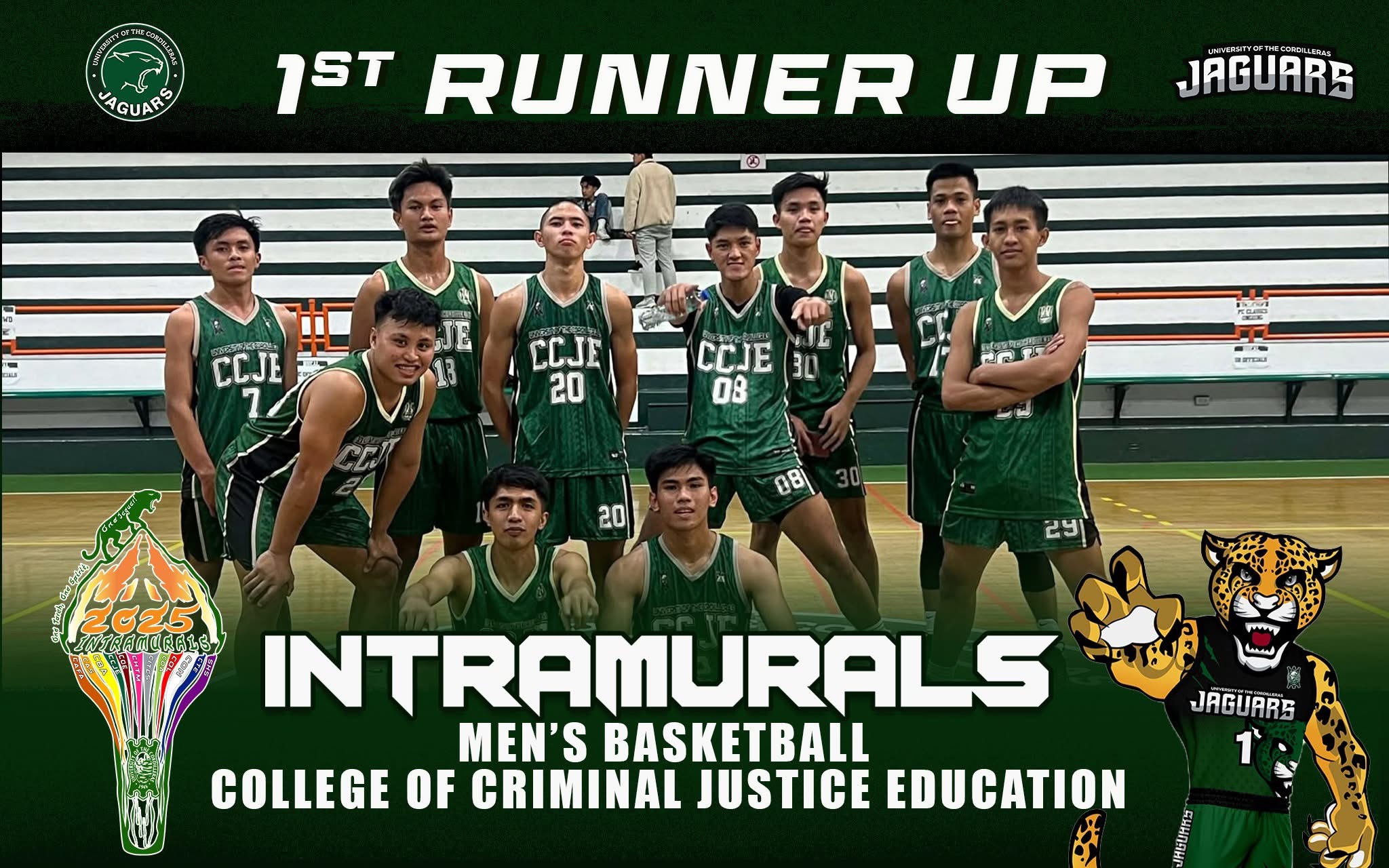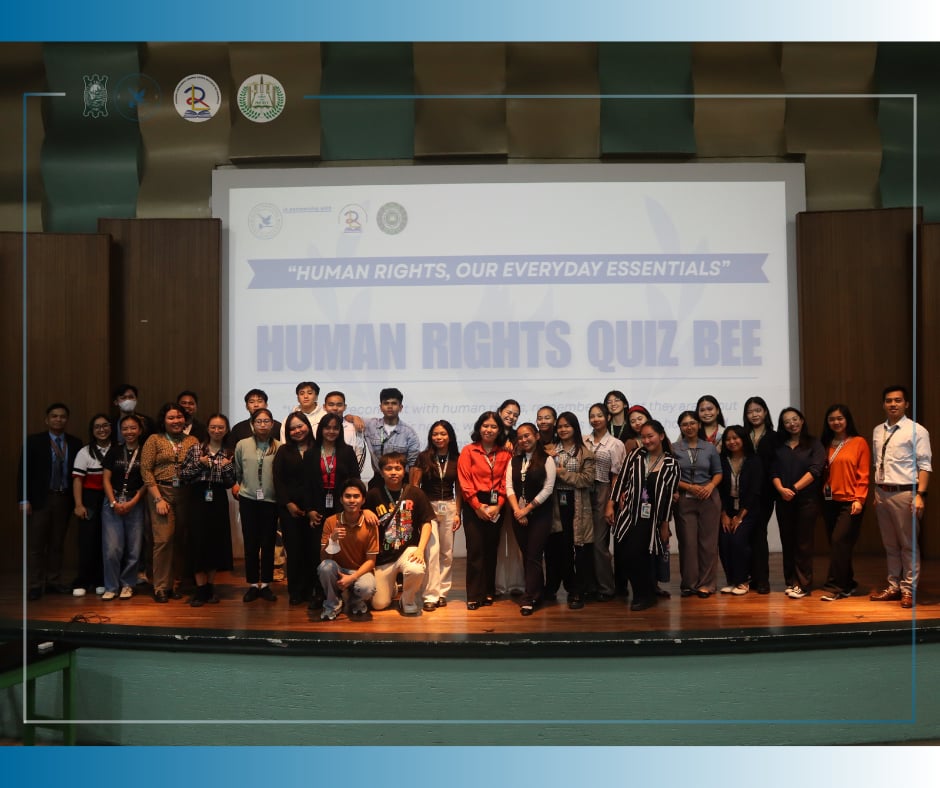Article by: Joy Nicole C. Canutab
Narrative Report and Photos by: Kyla Mae Rafanan
To strengthen expertise in wildlife forensics and laboratory practices, Ms. Fiona Diosalyn A. Laguio and Ms. Kyla Mae C. Rafanan of the University of the Cordilleras participated in a three-day Wildlife Forensic DNA Laboratory Training at the DNA Barcoding Laboratory, Institute of Biology, University of the Philippines (UP) Diliman, Quezon City, from August 27 to 29, 2025.
The training was facilitated by Mr. John Gregor A. Roño, Senior Lecturer I and University Research Associate at the Institute of Biology, who provided comprehensive guidance on laboratory processes, equipment requirements, and best practices in wildlife forensic DNA analysis.
On the first day, the participants were introduced to laboratory protocols, from receiving wildlife samples to preparing technical reports. Mr. Roño also addressed questions on the laboratory’s services and gave practical recommendations for establishing a Wildlife Forensic DNA Laboratory, emphasizing the importance of standardized procedures and thorough documentation. The day concluded with a laboratory walkthrough to evaluate equipment needs, followed by hands-on work on initial tissue sample extraction.
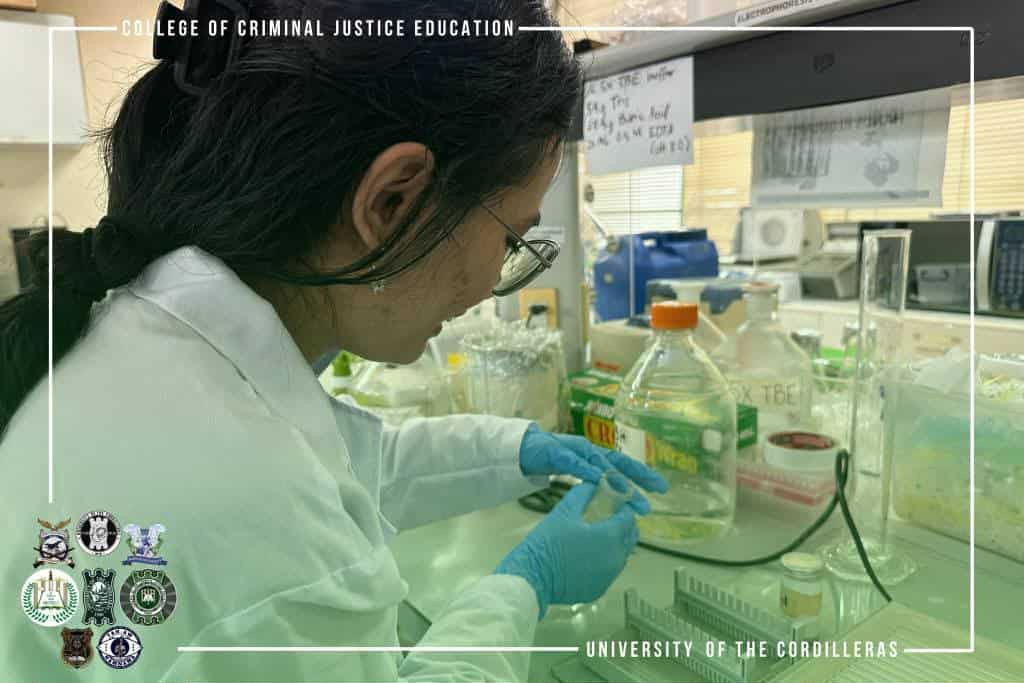
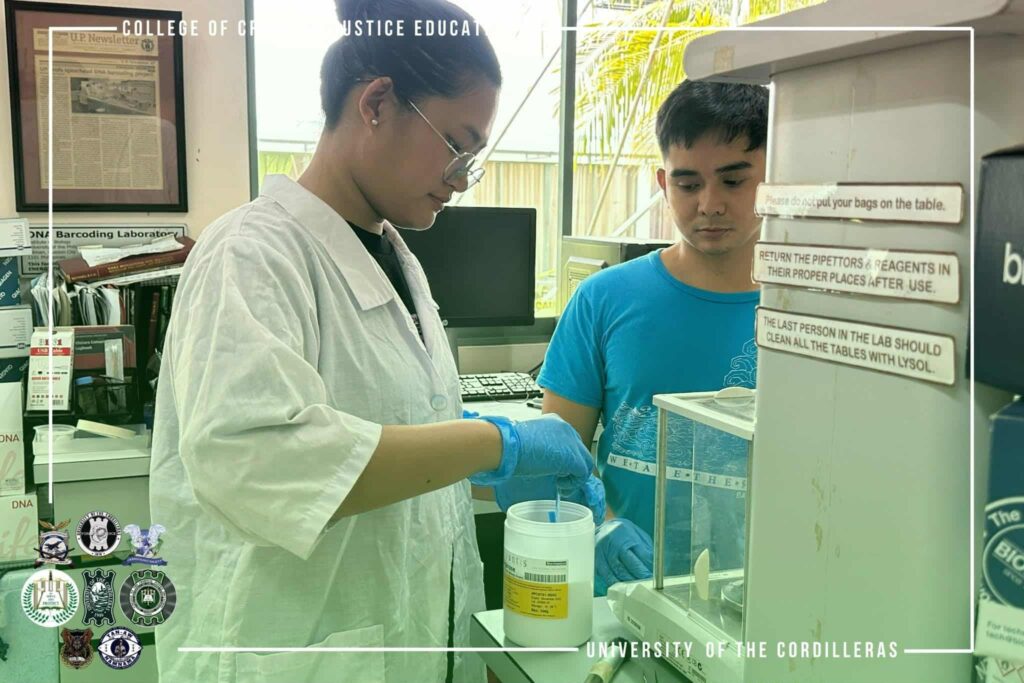
The second day focused on conducting a full DNA extraction. Using a nanospectrophotometer, the participants learned to measure the concentration of extracted DNA, ensuring accuracy in determining sample quality and readiness for sequencing.
On the third day, Mr. Roño guided the participants through the Polymerase Chain Reaction (PCR) process, including the preparation of a PCR mastermix. He stressed the importance of resource management—using just the right sample volumes to balance cost efficiency with sufficient DNA quality for sequencing. Participants then prepared gels and conducted gel electrophoresis to visualize amplified DNA under a UV transilluminator, identifying which samples required reamplification. The session also covered proper packaging of DNA samples for submission to third-party sequencing providers.
Later that day, Mr. Roño delivered a lecture on sequencing procedures, required documentation, and report analysis. He introduced software and online tools useful for analyzing DNA sequence data, before closing the session with a question-and-answer portion that clarified remaining inquiries.
The training concluded with the presentation of a certificate of appreciation to the UP DNA Barcoding Laboratory for hosting and mentoring the UC participants.
This initiative aligns with the United Nations Sustainable Development Goals (SDG 15: Life on Land) and SDG 4: Quality Education, as it fosters the protection of biodiversity through science-based methods while enhancing the technical expertise of educators and researchers. By expanding UC’s capacity in forensic DNA analysis, the program contributes to advancing both environmental conservation and academic excellence.
